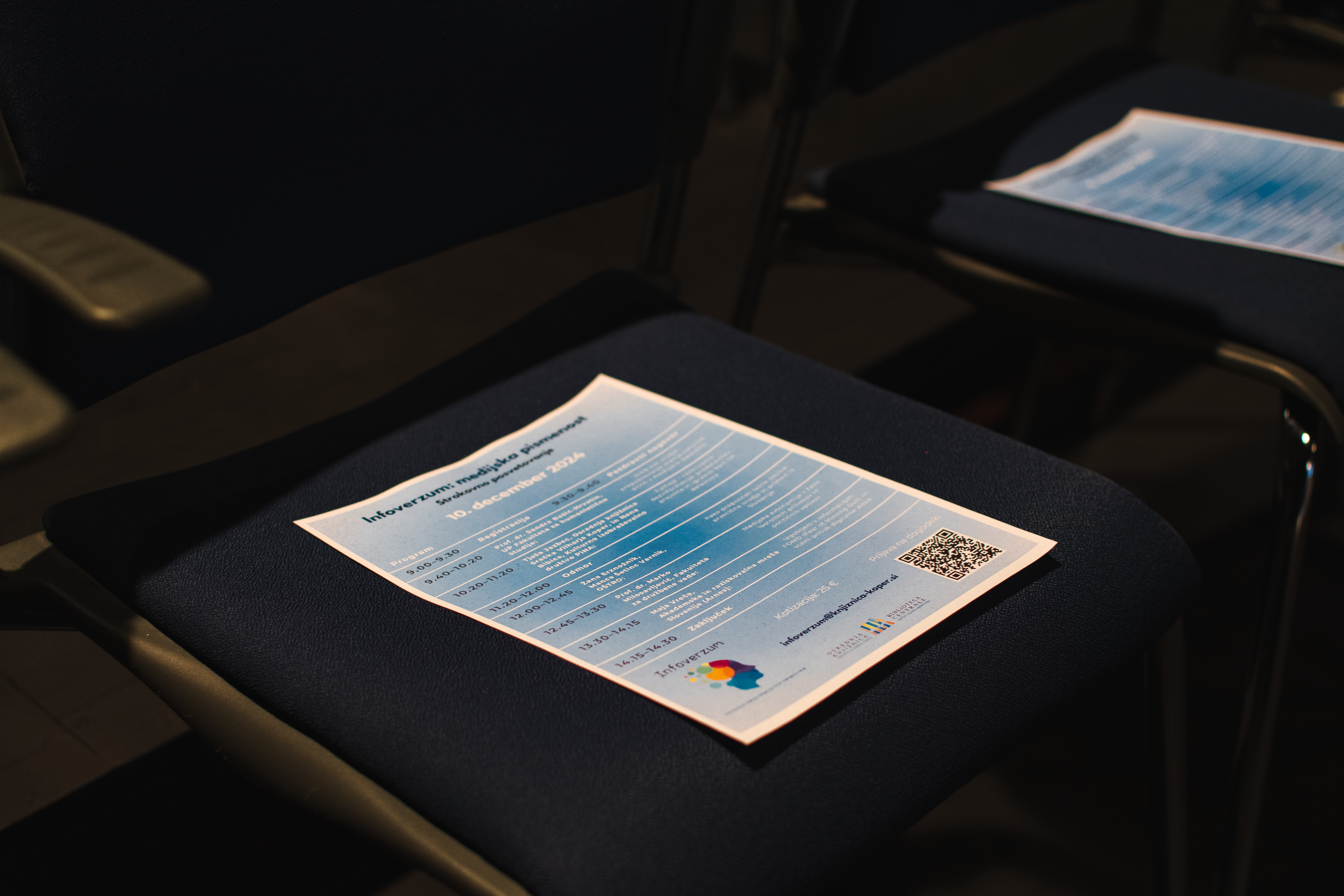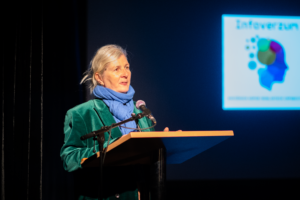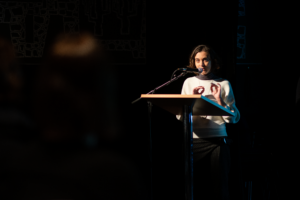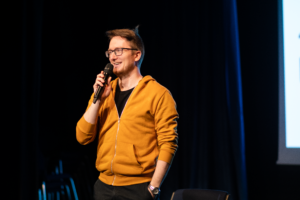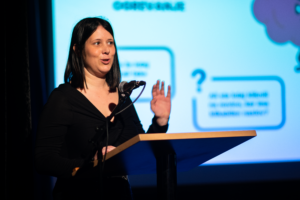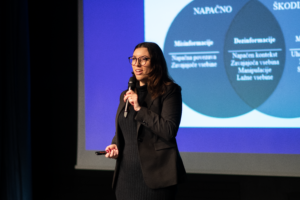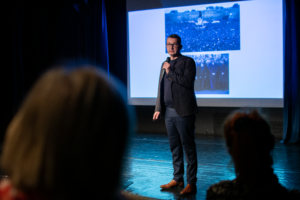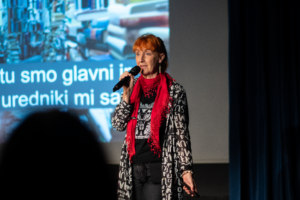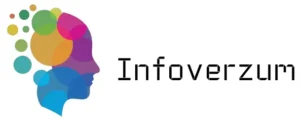We are publishing all the PowerPoint presentations prepared by the speakers for the Infoverzum 2024 event. The materials are available for viewing and further exploration.
Prof. Dr. Sandra Bašić-Hrvatin – Language as a Weapon
Prof. dr. Sandra Bašić-Hrvatin
Link to the presentation video.
FulFejk – Uncovering Disinformation: Project and Playing Cards Presentation and Workshop
Nena Bibica
Vid Sever
Tjaša Jazbec
Tjaša Jazbec is employed as a coordinator of regional tasks at the Koper Library. She focuses on strengthening media literacy and reading culture. She has participated in international projects such as The GlassRoom and Media Literacy Case for Educators.
Nena Bibica is a professional associate at the Cultural and Educational Association PiNA, where she leads the national contact point for the Citizens, Equality, Rights and Values (CERV) program. She is joined by her colleague Vid Sever.
Vid describes himself as a trainer who talks a lot, but sometimes even says something smart. In workshops, he prefers to create a pleasant atmosphere and ensure the participation of all attendees. They will present a best-practice product of their collaboration, namely the FulFejk project, which produced playing cards and a manual. OŠTRO also contributed to its development.
Link to the presentation: FulFejk – Uncovering Disinformation: Project and Playing Cards Presentation
How to Recognize Fake News: Practical Tools and Examples from Slovenia
Žana Erznožnik
Žana Erznožnik is a journalist at the Oštro Center for Investigative Journalism and editor of the Razkrinkavanje.si project, where for more than five years they have been systematically fact-checking and monitoring disinformation in the Slovenian public sphere. She provides training in this field to external clients as well as to young journalists involved with Razkrinkavanje.si.
Link to the presentation: How to Recognize Fake News: Practical Tools and Examples from Slovenia
Media Autonomy in Times of Ownership Pressure and Political Influence
Prof. dr. Marko Milosavljević
Prof. Dr. Marko Milosavljević is a full professor and head of the Department of Communication Studies at the University of Ljubljana. Between 2022 and 2024, he was a member of the Council of Europe’s Expert Committee on Media Resilience and Sustainability, and previously served as Vice-Chair of the Expert Committee on Media Environment and Reforms.
As a member of the Central Expert Group for Media and Culture (EENCA) between 2016 and 2020, he advised the European Commission on media and cultural policy. He has also participated in several Horizon 2020 projects, including DIACOMETT, EMBEDDIA (artificial intelligence in media), and the European Media Observatory (EurOMo).
Link to the presentation: Media Autonomy in Times of Ownership Pressure and Political Influence
Lost in Information: FOMO (Fear of Missing Out) and the Constant Pressure of the Digital Age
Maja Vreča
Maja Vreča, a long-time collaborator of the SAFE.SI Safer Internet Centre, has been employed at the Academic and Research Network of Slovenia (Arnes) since 1995, focusing on users of the internet network and related technologies. She has led the user support department and, in recent years, has concentrated on the safe use of new technologies. As part of her work, she develops and conducts Arnes’s open, free online course on safe internet and device use for adults (MOST-V). She also created an online course on safe internet use (MOST-VO) aimed at students in the second and third cycles of primary school.
She produces video materials, writes articles, and conducts thematic lectures and workshops for a wide range of audiences — from children and teenagers to teachers, parents, professionals, and groups with specific needs. She is also a member of the working group that prepared the Guidelines for Screen Use in Children and Adolescents. Currently, she is involved in developing a series of educational programs for teachers, educators, parents, and students on topics such as media literacy, addiction, violence, and other aspects of digital citizenship. She also participates in activities within the international INSAFE network.
Link to the presentation: Lost in Information: FOMO (Fear of Missing Out) and the Constant Pressure of the Digital Age
